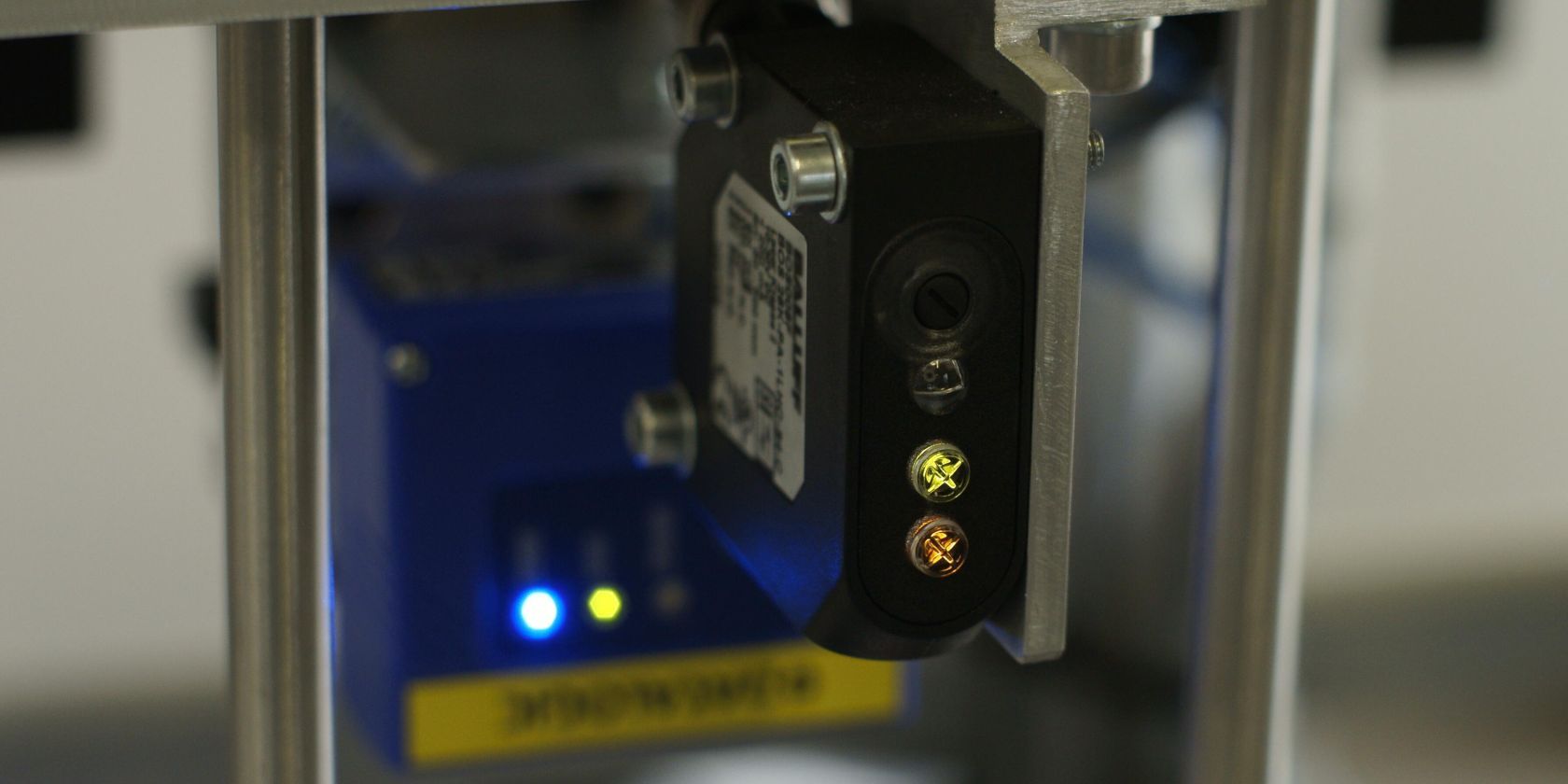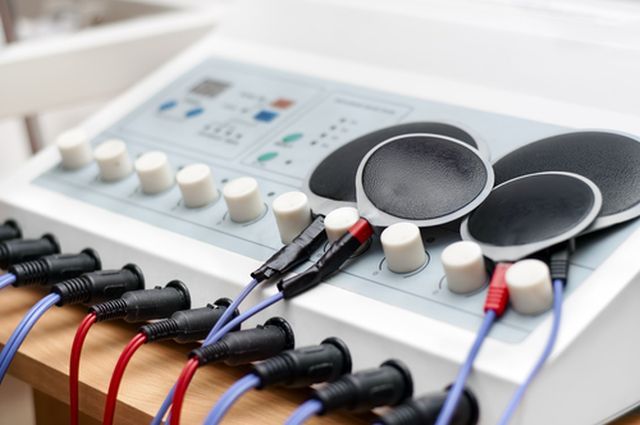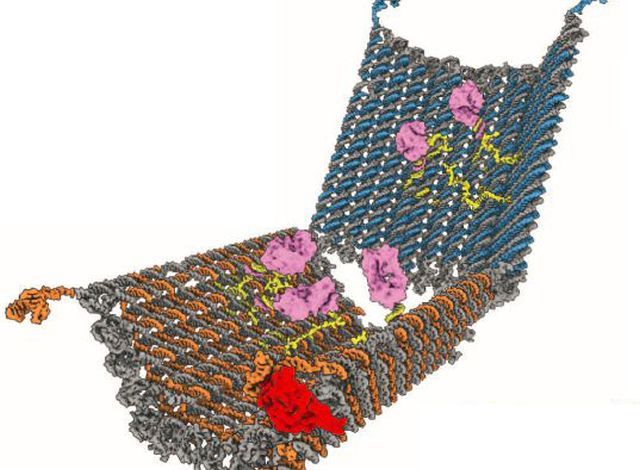Imagine a world where you can control your dreams with computer software, have pizza delivered to your house via drone, and have fat deposits removed from your arteries by nanorobots the size of fleas. A decade ago, these ideas were science fiction. Today, they're becoming science fact.
If you're a student and looking to establish yourself in a field of study that has a bright future in the world of high technology, then you'll need the mindset of a futurist. Understanding the direction of technology will help you decide how you want to position yourself to succeed, and figure out exactly what you need to study to get there.
Modern state of the art throughout the world of tech ranges across many disciplines, including virtual reality, artificial intelligence, drones, and even biotechnology. How do you know where to start? The following are a few examples of the sort of tech jobs you can expect to see within the next 5 to 10 years if advancements continue along the paths they are going. Review them and decide whether your personality and interests would make you a good candidate for any of these future jobs.
Brain Therapy
Looking out into the future, it isn't difficult to see how the human brain is going to become more of a focus for both doctors and technology developers. Mental health continues to be a major issue around the world, in some countries more than others. Unfortunately, the majority of treatments over the last twenty years have been some combination of medicine and counseling that help symptoms to subside, but almost never completely eradicate the illness.
However, neuroscience continues to make tremendous strides in understanding how brain disorders lead to mental illnesses, and how brand new drugs and devices can literally cure those disorders. One of the most promising areas is that of electrical stimulation of the brain to treat diseases like epilepsy, depression and Parkinson's disease.
The first thing that probably comes to mind are those horrible images from the movie One Flew Over the Cuckoo's Nest, of a patient strapped to a gurney as psychiatrists and staff apply electricity through electrodes on either sides of the patient's head, rendering him unconscious. The reality is that today, patients sleep through the procedure, and today's advanced brief-pulse machines apply carefully calibrated "doses" of electricity that minimize many of the negative effects of traditional electro-convulsive therapy (ECT) treatments, like amnesia.
What is remarkable is that even today, scientists still don't understand why these treatments work. However, neuroscience is the closest to an answer. So much so that Philips Research recently published an article titled Solutions for the Future of Neurotherapy, where Principle Dr Professor Michel Decre reports that new brain stimulation therapies offer great promise for "curative therapies".
As we progressively get to know more about neurons and how to influence their function, we can develop more organic brain stimulation techniques, as opposed to the current electrical or systemic drug solutions.
It is conceivable that in the future, neuroscientists will develop "brain pacemaker" devices that can deliver Deep Brain Stimulation (DBS) to patients at regular intervals, finally curing diseases like Parkinson's, severe depression, and more.
In an interview in the MIT Technology Review [Broken URL Removed], Managing Director of NeuroInsights, Zack Lynch, explained the future of these devices as follows:
With these technologies, you can create noninvasive devices and target very specific parts of the brain. It’s like going from a Model T to a Ferrari. Those technologies will present the real competition for drugs.
When this technology enters the market and starts curing patients of debilitating mental illnesses, it'll give the pharmaceutical industry a run for its money. Those electronic devices, and those treatments, will require experts who understand how they work, and can administer them to patients.
Cyber Security
With the increasing use of cloud services, and as more people and businesses continue doing more business online, the demand for cyber security expertise continues to grow. This is even more true when you consider the rise in cyber warfare and cyber spying in recent years.
In February of this year, U.S. Army General and head of Cyber Command Keith Alexander told the Washington Times that despite growing threats, no one is prepared.
Despite our progress at U.S. [Cyber Command], I worry that we might not be ready in time. Threats to our nation in cyberspace are growing.
In the UK, there is a similar lack of expertise. In April of this year, Stephen Otter - the man responsible for Strategic Policing at Her Majesty's Inspectorate of Constabulary - told the Metro that police in the UK just aren't prepared for the growing threat.
The capacity and capability of the police to respond to national threats is stronger in some areas than others, with the police response to the cyber threat being the least well developed.
Whether it's the defense of a government against foreign cyber attacks, the defense of a company network or even a family Wi-Fi network against hacking threats, the demand for computer experts in cyber security remains on the rise and there is no sign of that abating. If you want to be in a career with a very secure future (pun intended), cyber security is the one to choose.
Drone Programmers
By now you've probably heard about Amazon's media campaign claiming that in the near future, you will see Amazon drones delivering products to your home in less than 30 minutes.
Of course, it isn't ending there. As Rob described just a few months ago, drones are entering into many other industries including agriculture, law enforcement, search and rescue, and even action photography.
The reality is that all of these drones are going to need experts who know how to build them, program them, fly them and repair them.
These days, everyone is talking about drones. Investigators and journalists want to use them for field investigations. Filmmakers want to capture stunning aerial footage. Real estate agents, farmers and construction companies want to use them to capture aerial images of property and land.
As the FAA moves forward approving the use of commercial drones in the U.S., and other governments around the world follow suit, you would be well situated with an Unmanned Aerial Vehicle (UAV) engineering degree, or simply starting your own business as an aerial drone photographer.
Nanotechnology in Medicine
If you're headed into a medical career, you may want to consider specializing in the field of nanotechnology. Nanorobots present tremendous opportunity in the field of medicine. Just one example was in 2012, when researchers at Harvard University created what they called "DNA origami". This was basically a nanorobot in the shape of a "barrel" that could open on a hinge, and held shut by what was called a "DNA hinge".
Those nanorobots traveled to the site of disease - in the case of the demonstration, leukemia and lymphoma, which triggered the DNA hinge to open the barrel body and deliver a payload, which activated what scientists called the cells' "suicide switch". The payload destroyed the cancer cells.
George Church, the principle investigator on the project explained that this kind of technology represented a sort of merging between programmable robotics, and medical applications inside of the human body - an integration that opens up a dizzying array of potential jobs in the medical field in the very near future.
We can finally integrate sensing and logical computing functions via complex, yet predictable, nanostructures — some of the first hybrids of structural DNA, antibodies, aptamers, and metal atomic clusters — aimed at useful, very specific targeting of human cancers and T-cells.
Obviously, any career that combines both medicine, engineering and computer programming all in one discipline would surely take many years of research and study to learn. On the flip side, just think how valuable you will be to the medical community - or even to the entire world - once you graduate?
Virtual Reality Designers
You may already know by now that the Oculus Rift is a storming success, just as James predicted about a year ago.
In the movie Inception, starring Leonardo DiCaprio and Ellen Page, the characters have the technology to model and create entire dream worlds, which other people are able to experience as an actual dream. Future virtual reality designers will be exactly what this movie envisioned - architects of virtual worlds that are fabricated from the very minds of the designers themselves.
Virtual reality isn't just about games. The technology is currently used, and will be used even more in the future, in other fields like medicine, architecture, science and engineering.
The ability to design and program virtual worlds will surely require some highly technical training, but keep in mind that the very nature of creating new virtual worlds is a very creative process, so it will require very creative individuals. If you are the kind of person that has a very strong technical knowledge-base, but are visually creative - this may be the perfect future job for you.
Other Future Jobs
These are just a few examples of the sort of tech jobs of the future that you can expect over the next decade or two. It's by no means an exhaustive list. If you just look at the number of breakthrough technologies on the horizon today, the opportunities available in the future for today's students are very exciting.
A few other examples:
- Vehicle Programmers : The cars of the future will likely be electrically powered, and they will also likely be completely driverless. These are exciting possibilities, but it'll also require skilled programmers who understand the algorithms and systems within these new cars. The automotive technician of the future will have significantly more computer skills than the technicians of today.
- Smart Home Programmers: As homes of the future get filled with an array of sensors, and become much more automated, those complex automation systems will require programmers skilled in doing maintenance and repairs on those systems.
- Advanced Automation: Todays manufacturing world is already highly automated, however the robotics and advanced automation technologies that continue to be developed mean that companies that capitalize on smarter and more efficient control systems will probably be able to produce higher volume of product, and more cheaply. This will be driven by automation engineers who are aware of the cutting edge technologies, and understand how to use them.
- Artificial Intelligence Programmer: There's no doubt that the field of artificial intelligence is on the cusp of some major breakthroughs. As though Apple's Siri isn't intelligent enough, the artificially intelligent systems and robots of tomorrow will make today's technology look like child's play. Those advanced systems will only come from programmers who understand how AI works, and how to create those impressive systems.
The future holds exciting times for humanity, and if you're a student just getting started, or if you're a worker looking to switch careers - you have an abundance of amazing opportunities at your fingertips. The key to capitalizing on that is getting the training and the skills that you need to enter into these fields.
If you do, your own future will be very bright.
What do you think are some other amazing high-tech jobs that the future will bring? Share your own thoughts and predictions in the comments section below!
Electrostimulation Device by bogdanhoda at Shutterstock, Nanorobot courtesy of Wyss Institute, Science Fiction Concept by Syda Productions via Shutterstock






